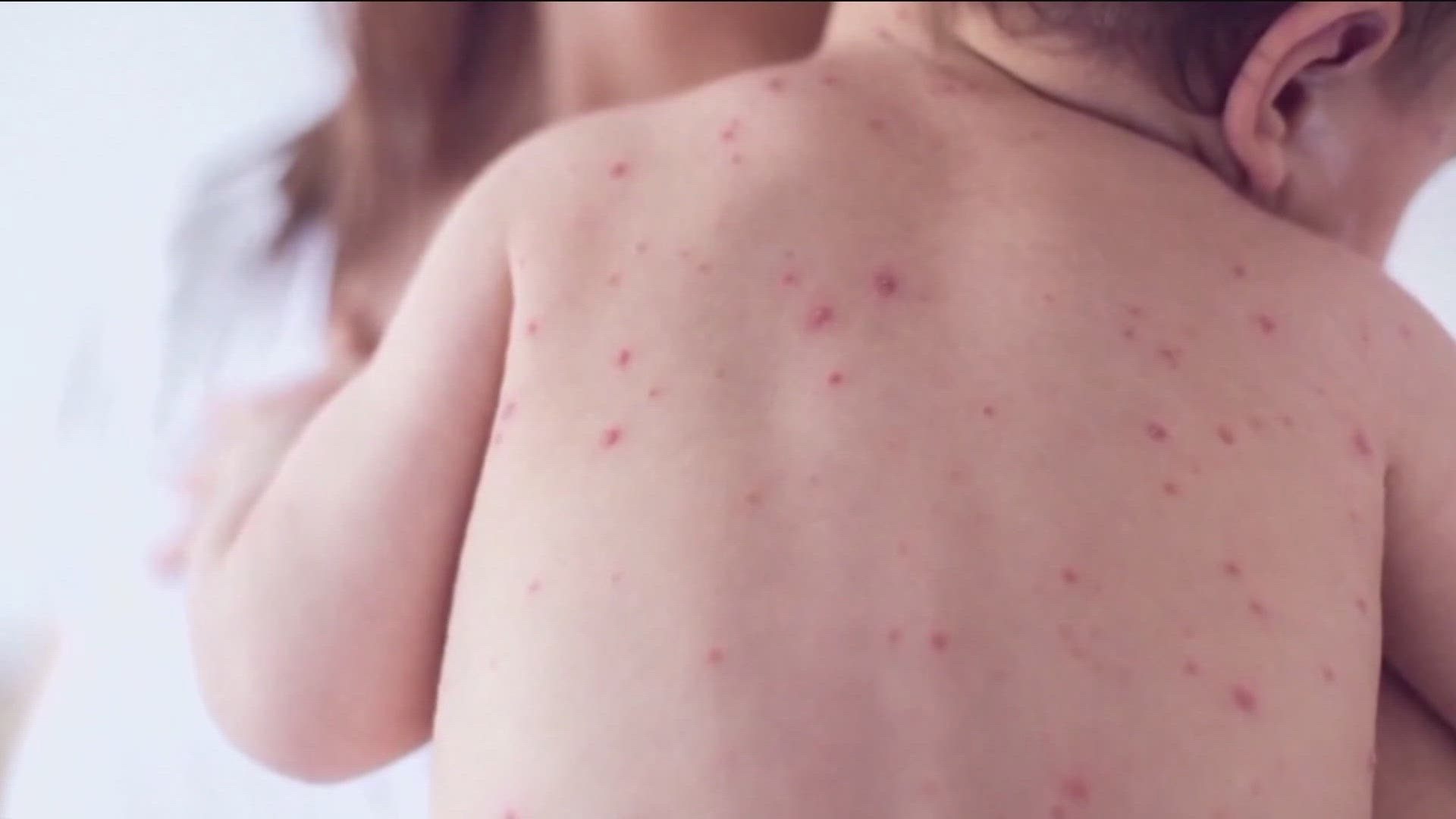MINNEAPOLIS — Health officials are crossing their fingers this most recent measles outbreak will run its course. It’s been more than two weeks since the State Health Department has identified a new case, and they say this is a successful example of collaboration and partnering with the community.
According to the state health department, the most recent outbreak started in May 2024. It has mainly impacted unvaccinated children in the Twin Cities and disproportionately affected the Somali community.
So far, 52 cases have been identified in relation to the outbreak, some of them confirmed at an MPS elementary school.
"Measles can really kill your child," said Saed Yusuf, an RN and clinical care supervisor for the surgical trauma neuroscience unit at Hennepin Healthcare.
Yusuf is not only a healthcare provider, but a father, and a member of the Somali community.
He said it hurts to see others impacted by measles, but he is happy public health officials have reached out to community leaders like Imams, prayer leaders at mosques.
"it's important to have someone you can relate to," he said. "It changes community perception.
His five kids are all vaccinated, but he says there's hesitancy in the Somali community. The State Health Department reported there was 52 cases in this most recent wave of measles infections, and even impacted an elementary school.
"Some people have the belief that the vaccines could cause autism," said Yusuf.
He assures them that's simply not true and has been disproven many times.
"We've seen a lot of transmission in households where it's hard to be excluded from each other," said Luisa Pessoa-Brandao, the Director of Public Health Initiatives with the Minneapolis Health Department.
She recognizes that messaging needs to be culturally tailored, which is why the Minneapolis Health Department put out a series of videos and fliers tailored for the Somali community.
Lynn Bahta, the state health department immunization clinical consultant, says now the collaboration needs to continue to keep vaccinations up.
"We appreciate the partnerships that we have in the work they've put into it, and the parents who have really listened to our concerns," said Bahta.

